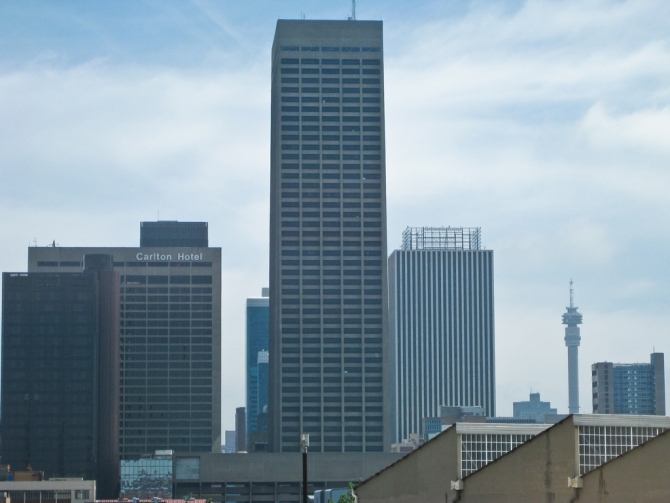Profits on South African retail, office and industrial property have reached a six-year high, according to new international research, making the republic one of the world’s most lucrative commercial property investment markets.

Of the 16 countries which responded to the Investment Property Databank (IPD) survey, South Africa reported a record return on commercial real estate last year of 15.3 per cent. And its annual property index — which measures 60 per cent of the R213bn (£120bn) professionally managed investment property in South Africa — comfortably outshone the average United States return of 11.4 per cent.
The US was the second-best performing commercial property in the world last year, but none of the other 14 countries which volunteered figures reported returns of more than eight per cent. Languishing at the bottom of the league table, with commercial property profits of just 0.5 per cent, was The Netherlands.
The keen asset management skills of the republic’s property owners is one of the main reasons why South Africa has emerged from the global downturn in better shape than many others, claims the data firm.
Stan Garrun, head of IPD’s South African division, said the 15.3 per cent return was impressive, “particularly given the country’s constrained employment growth and lacklustre consumer spending”. Property funds, aggressively bulking up their portfolios in a historically low interest rate environment, had also boosted returns, he added.
The IPD survey shows that South African commercial property offered an income return of 8.2 per cent last year, compared with yields of less than six per cent across all the other countries the research group tracked.
Light manufacturing and low grade industrial property proved to be the best money spinner for South African investors, with a staggering 20.9 per cent return last year. Running a close second were large retail complexes, or so-called super-malls offering more than 100,000sq metres of shopping space, which delivered an average 19.4 per cent return. In contrast, inner city offices trailed with a comparably weak 12.7 per cent.
Many analysts, however fear the good days are already over. While South Africa’s listed real estate market delivered a more muted performance than directly held commercial property, thanks largely to weaker bond yields, the Johannesburg stock exchange’s property index still managed to notch up a 2013 return of 8.39 per cent. — leagues ahead of investment bank UBS’s global real estate investors index of 1.77 per cent.
More recently, however, the price of the country’s commercial property has come under increased pressure, with the index recording a negative return of -2.81 per cent for the first two months of this year and lagging 6.99 per cent behind the UBS index.